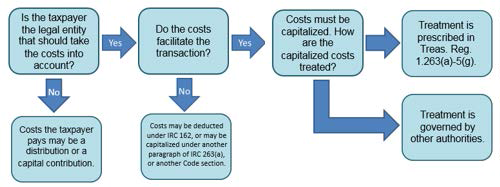We previously posted on the Order by the US District Court for the Western District of Texas in Chamber of Commerce of the United States of America, et al. v. Internal Revenue Service, Dkt. No. 1:16-CV-944-LY (W.D. Tex. Sept. 29, 2017). To recap, the district court held that Treas. Reg. § 1.7874-8T was unlawfully issued because it violated the Administrative Procedures Act (APA) by not providing affected parties with notice and an opportunity to comment on the temporary regulations. In addition to the APA analysis, the court’s Order was noteworthy for its conclusion that the plaintiff’s claims were not barred by the Anti-Injunction Act because the regulations did not involve assessment or collection of tax.
As we updated our readers, the government appealed the Order to the Court of Appeals for the Fifth Circuit. However, the case was stayed while the regulation underwent notice and comment. And, on July 11, 2018, Treasury and the Internal Revenue Service issued final regulations addressing inversion standards. On July 26, 2018, the government moved to dismiss its appeal with prejudice as moot. The Fifth Circuit has granted the government’s motion, thus ending the dispute.
Because the case was dismissed by the Fifth Circuit, the district court’s Order remains on the books. But what value does that Order have? As a technical matter, district court opinions are not precedential. However, lack of precedential value does not render the Order meaningless. If another court addressing a similar issue were to find the district court’s analysis to be well-reasoned and thorough, it might consider it persuasive on deciding the issue. One would certainly expect that a subsequent court would, at a minimum, have to address the Order if faced with a similar issue. For more reading on the precedential and persuasive value of opinions and order, see here.
Practice Point: The Order in the Chamber of Commerce case may be helpful to taxpayers desiring to challenge regulations on APA grounds and provides authority for a pre-enforcement challenge. It remains to be seen whether other courts will find the Order persuasive.
read more

 Subscribe
Subscribe





